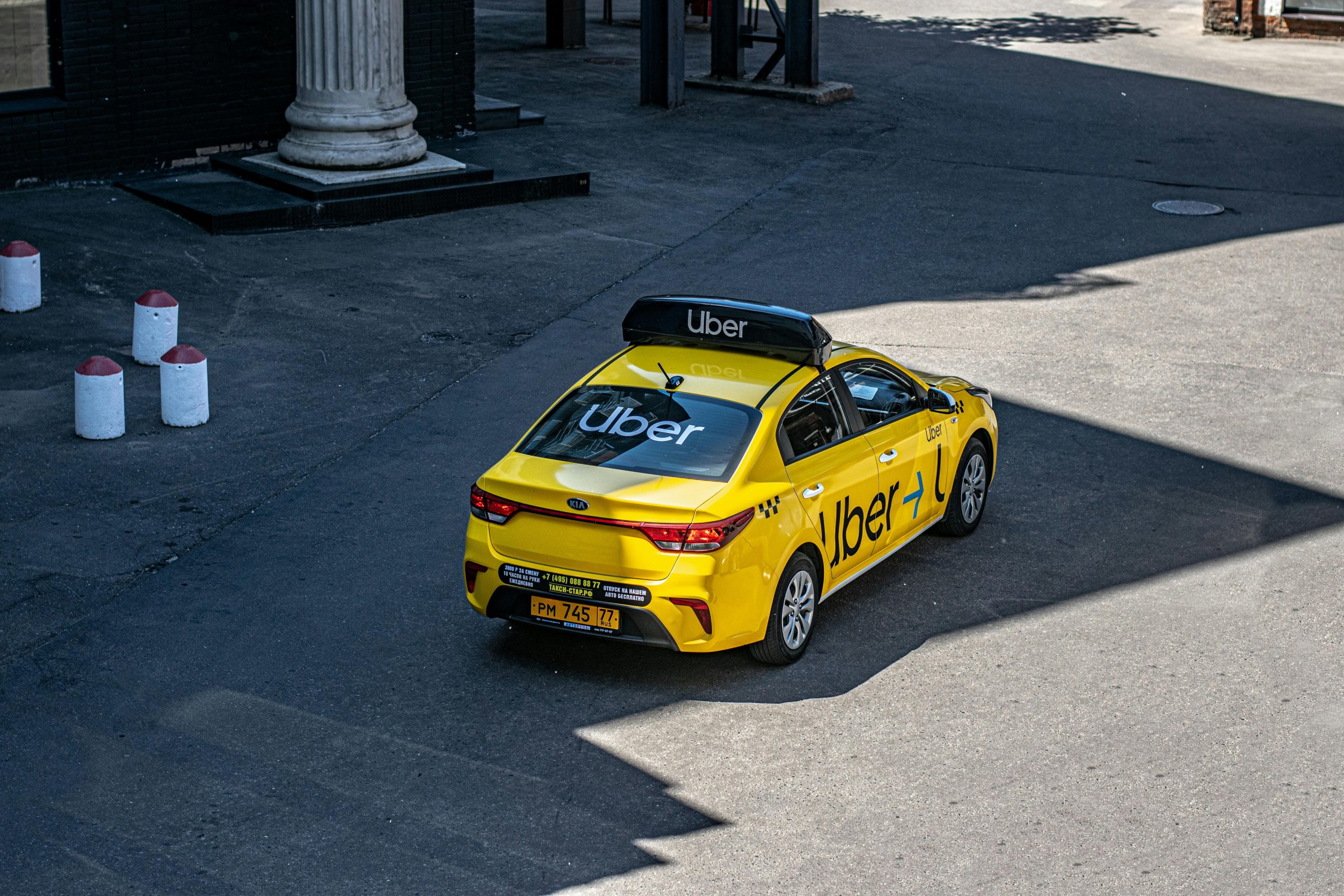Will Waymo put Uber & Lyft drivers out of business? If so, what will be the effects/reverberations on our economy?
Will Waymo Disrupt the Gig Economy? Analyzing the Impact on Uber and Lyft Drivers
In recent years, the emergence of autonomous vehicle technology has sparked conversations about its potential to reshape our transportation landscape. Waymo, a subsidiary of Alphabet Inc., is at the forefront of this innovation, creating fully self-driving vehicles designed to revolutionize road travel. As we witness advancements in this technology, a pressing question arises: Could Waymo’s deployment of these vehicles negatively impact the livelihoods of Uber and Lyft drivers? If so, what ripple effects might this have on our economy as a whole?
The Rise of Autonomous Vehicles
Waymo’s self-driving technology promises significant changes in the way we commute. With the ability to transport passengers effortlessly without the need for a human driver, this innovation holds the potential to enhance safety, optimize routes, and reduce overall transportation costs. The convenience and efficiency offered by autonomous vehicles could make them an attractive alternative for travelers, and while this progress appears beneficial on the surface, it opens the door to complex economic ramifications.
Implications for Gig Workers
Uber and Lyft drivers have increasingly become integral to urban transportation, providing flexible job opportunities for millions. However, the introduction of autonomous driving systems might challenge this gig economy model. Should Waymo and other companies develop a reliable fleet of self-driving cars, the demand for human drivers could diminish significantly. While some studies estimate that autonomous vehicles could lead to the reduction of jobs in the rideshare sector, it’s essential to acknowledge potential shifts in the workforce rather than an outright disappearance.
Economic Ripple Effects
The potential displacement of Uber and Lyft drivers translates into broader consequences for the economy. Many drivers rely on this work as their primary source of income, and a shift to self-driving cars could leave these individuals scrambling to find alternative employment. In an economy where gig jobs are increasingly important, the loss of these roles might not only impact drivers but also the ancillary businesses tied to ridesharing services, such as car rentals, maintenance, and insurance.
Additionally, a transition to autonomous vehicles could encourage the creation of new job opportunities in technology and engineering sectors. Companies that design, maintain, and oversee these self-driving systems will likely require a skilled workforce, which creates the potential for job growth in different areas.
Navigating the Future
As we navigate the rapid advancements in autonomous vehicle technology, the interplay between innovation and labor markets is a critical consideration. Policymakers and industry leaders must collaborate on strategies to ensure that the workforce is prepared














Post Comment